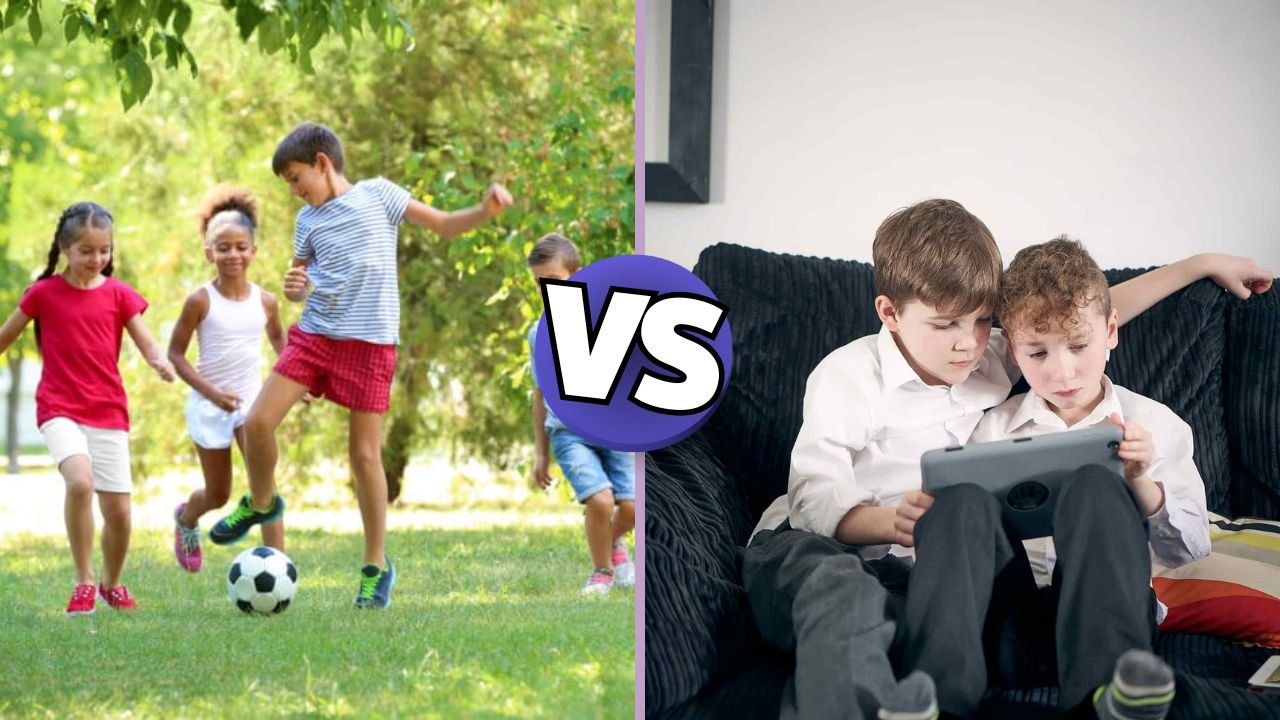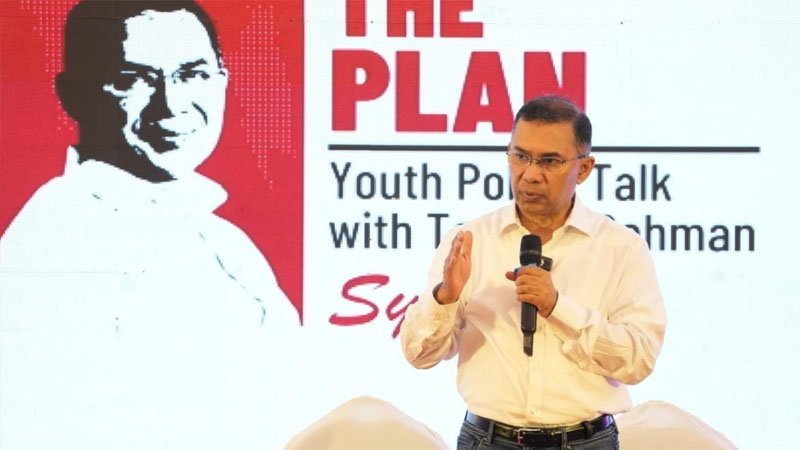Prioritize Healthy Content: Combat Unhealthy Entertainment

The Dark Side of Entertainment: Why We Must Prioritize Healthy Content
In today’s world, entertainment is everywhere. From social media platforms to video games, there’s an endless stream of content available at our fingertips. While this abundance of entertainment offers convenience and variety, it also has a darker side—unhealthy consumption patterns that affect individuals, particularly children, in profound ways. This growing issue demands our attention as it has far-reaching consequences for society.
In this article, we will explore the impact of entertainment on mental and emotional well-being. We’ll discuss its misuse, particularly on social media, and propose ways to shift towards healthier content consumption.
Entertainment: A Double-Edged Sword
Entertainment plays a critical role in our lives. It relaxes us after a long day, sparks creativity, and sometimes even educates. A good movie, a gripping book, or an engaging game can transport us to another world.
However, when entertainment becomes addictive or unhealthy, it disrupts life. Overconsumption leads to wasted time, mental stress, and physical inactivity. Social media platforms, especially Facebook, have amplified these risks. Their short-form content, such as Reels, is addictive but often lacks any meaningful purpose.
While entertainment in itself isn’t harmful, its misuse can negatively impact personal growth. This is especially concerning for children.
How Social Media Fuels Unhealthy Habits
The Impact of Social Media on Children
Children are highly impressionable. They often absorb what they see without understanding its implications. Social media platforms have become a battleground where kids are both creators and consumers of content.
Parents sometimes involve their children in videos for likes and shares, encouraging behaviors that mimic adults. Although these videos might seem harmless, they can stifle a child’s natural growth. Research shows that excessive screen time harms cognitive development. It also affects emotional health, leading to problems like anxiety, addiction, and reduced attention spans.
Instead of spending time in physical play or social interaction, many children remain glued to their screens. They miss out on essential activities like sports, reading, or creative hobbies. Parents must provide an environment where real-world experiences take precedence over digital fame.
In Bangladesh, the rapid rise of social media has significantly impacted children and young adults. Platforms like Facebook and TikTok are immensely popular, but they often expose users to inappropriate or harmful content. Many parents unknowingly contribute to this trend by using their children in short videos for likes and views. These practices, while seemingly harmless, can hinder a child’s emotional and social growth. To address this, families in Bangladesh must prioritize outdoor activities, storytelling, and other engaging activities that nurture creativity and development. Additionally, policymakers should enforce stricter regulations on digital platforms to protect young users.
The Addictive Nature of Short-Form Videos
Platforms like Facebook and Instagram are flooded with short-form content like Reels. These videos are designed to grab attention within seconds. While they are entertaining, they often fail to deliver meaningful value.
For example, many Reels promote superficial trends or mindless humor. Users spend hours scrolling through videos that neither educate nor inspire. Worse, some content borders on vulgarity or insensitivity, which has no place in a healthy society.
Such content’s rapid spread on social media is alarming. It encourages users to prioritize entertainment over education or personal growth.
The Problem with Today’s Role Models
Questionable Influencers on the Rise
Another troubling aspect of social media is the rise of influencers who lack positive traits. Many social media personalities gain fame for superficial reasons, such as promoting unattainable lifestyles or questionable behaviors.
Instead of following educators, activists, or leaders, audiences gravitate toward these influencers. This glorification of the wrong people sends a dangerous message. It tells young people that popularity matters more than integrity or contribution to society.
Shifting Focus to Real Role Models
To combat this trend, we must celebrate individuals who inspire us to grow. Scientists, educators, artists, and thought leaders deserve recognition for their contributions. They can guide the younger generation toward a brighter, more meaningful future.
By promoting these role models, society can encourage healthier aspirations. Young people will learn to value knowledge, creativity, and service over superficial fame.
Why Healthy Entertainment Matters
The Need for Meaningful Content
Entertainment doesn’t have to be mindless. It can be informative, educational, and inspiring. Storytelling, documentaries, and socially aware content can entertain while enriching the mind.
For children, content like animated stories, nursery rhymes, and educational programs are far more beneficial. These forms of entertainment not only engage them but also teach valuable lessons.
Similarly, adults can benefit from motivational talks, skill-building content, and thought-provoking films. Choosing meaningful entertainment over superficial trends can help create a more informed and conscious society.
The Role of Social Media Platforms
Social media platforms hold the power to influence what people see. By promoting positive and educational content, they can drive users toward healthier habits. However, this requires a commitment to strict content moderation.
Regulating the spread of harmful or vulgar content is crucial. Platforms must also reward creators who produce high-quality, meaningful material. This can help set a new standard for online entertainment.
The Path Forward: Combating Unhealthy Content
What Parents Can Do
Parents play a vital role in shaping their children’s media habits. They should:
- Monitor screen time and content consumption.
- Encourage outdoor activities, reading, and social interaction.
- Teach kids the importance of moderation and self-control.
By setting clear boundaries, parents can protect children from the negative effects of excessive screen time.
Responsibilities of Content Creators
Content creators must take responsibility for the material they produce. Instead of chasing likes and views, they should focus on content that aligns with societal values. They should aim to educate, inspire, and entertain in ways that promote growth.
Policy Enforcement by Authorities
Governments and regulatory bodies must enforce stricter rules on digital platforms. This includes monitoring content for harmful material and penalizing platforms that fail to comply.
Authorities should also encourage awareness campaigns to educate the public about healthy digital habits.
Educating Users
Ultimately, users must make informed choices. By prioritizing meaningful content, they can influence platforms to shift their focus. Awareness campaigns can empower users to discern between healthy and harmful entertainment.
The Way Forward: Redefining Entertainment
Entertainment has the potential to shape our thoughts, behaviors, and values. When used wisely, it can educate, inspire, and unite people. However, unhealthy entertainment can harm individuals and degrade societal standards.
To redefine entertainment, we must focus on:
- Celebrating genuine role models who inspire growth.
- Encouraging educational and meaningful content creation.
- Regulating harmful material on digital platforms.
- Promoting family and community activities over digital distractions.
By taking these steps, we can ensure that entertainment uplifts and enriches lives rather than harming them.
Take the First Step
The power to reshape entertainment lies with all of us. Whether you’re a parent, creator, policymaker, or consumer, your choices matter.
Start today by choosing content that educates and inspires. Support creators who produce meaningful material. Monitor your family’s digital habits and encourage activities that promote real-world engagement.
Entertainment should build a better world, not tear it down. Let’s prioritize healthy content to ensure a brighter future for everyone.
Puja Dev
Student, Dept. of Journalism and Media Studies,
Port City International University.







